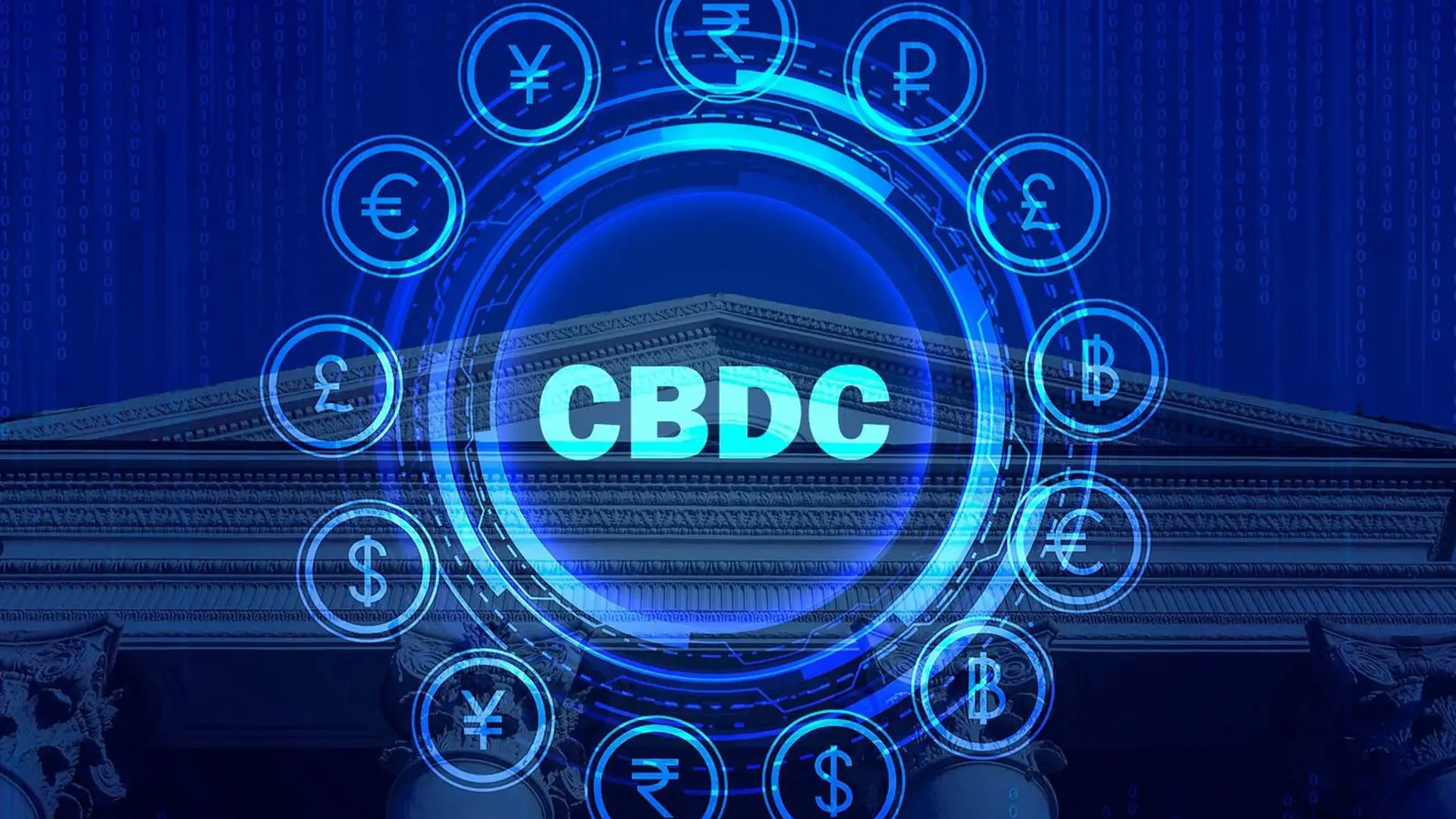In a bold move aimed at safeguarding consumer protections and national security, House Democrats, spearheaded by Rep. Maxine Waters and Rep. Stephen Lynch, are launching an “Anti-Crypto Corruption Week” to challenge a wave of Republican-backed cryptocurrency bills poised to transform the digital finance landscape in the United States.
Fighting Back Against Republican Legislation
This initiative targets several contentious pieces of legislation: the CLARITY Act, the GENIUS Act, and the Anti-CBDC Surveillance State Act. The Democrats argue that these bills lack rigor and threaten to compromise consumer protections and national security. “Fast-tracking these measures sends a troubling message regarding Congress’s oversight role, especially as it relates to evolving financial technologies,” stated Rep. Waters. She emphasized the need for regulations that prioritize “stability, integrity, and accountability” in any future digital financial system.
Amidst political turmoil, the stakes have never been higher. The CLARITY Act, seen as an effort to ease regulations for blockchain entities, risks allowing untested technologies to flourish without adequate scrutiny. If passed, these measures could expose vulnerable sections of the economy to significant risks, particularly in light of ongoing global tensions and digital currency developments.
Concerns About National Security and Innovation
Democrats are particularly wary of the potential implications these bills could have on the security framework surrounding digital currencies. Rep. Lynch has warned that the “Anti-CBDC Surveillance State Act” could stifle innovation by hindering essential federal research into central bank digital currencies (CBDCs). He added, “The bills supporting this crypto scam enable self-enrichment through political connections and lack essential safeguards, making it easier for fraudulent practices to flourish in the crypto sector.”
Significantly, Rep. Waters connects the proposed legislation to alleged financial misconduct involving former President Trump, asserting that these bills could pave the way for financial lawlessness and abuse of power. “Our message is clear: we will not allow the financial system to become a vehicle for self-dealing,” she declared, highlighting the interconnectedness of politics and financial integrity.
The Potential Fallout on the Crypto Industry
The proposed GENIUS Act has already cleared the Senate and awaits a vote in the House. This legislation aims to establish standards for US dollar-backed stablecoins, ideally promoting competition while raising significant concerns about regulatory oversight. Critics argue the Act could inadvertently facilitate illicit activities by making it easier for state actors and criminals to exploit cryptocurrencies without adequate checks in place.
As the landscape for cryptocurrency evolves, the implications of this legislation could create a lasting impact on the US crypto industry. The Democrats’ fears underscore a broader concern about maintaining the balance between innovation and regulation, especially when set against the backdrop of rapid advancements in foreign digital currencies like China’s central bank digital yuan.
The Democratic Call to Action
As the debate heats up, Democratic leaders are advocating for a more stringent review of these bills, urging Congress to rectify potential vulnerabilities. They stress the importance of transparency, trust, stability, and integrity in financial systems, advocating for regulatory standards that prioritize consumer protection. “If Congress is going to supercharge the use of stablecoins and other cryptocurrencies, it must include safeguards,” reads a memo by concerned lawmakers, emphasizing that national security should not be compromised in favor of unregulated innovation.
The Democrats are determined to remind the public of the potential costs of corruption in the financial system. As they prepare to challenge the bills head-on, their commitment to transparency remains firm: “The stakes for consumers, investors, and our democracy couldn’t be higher,” they warn.
Looking Ahead: The Crypto Debate’s Long-Term Effects
As both parties gear up for a contentious battle over cryptocurrency regulation, lawmakers are keenly aware that America’s approach to digital finance will set the course for future innovation and security measures. The outcome of this legislative showdown could define the ethical landscape of the crypto industry, ensuring that consumer protections are not merely an afterthought in the rush to embrace new technology.
As the clock ticks down to key votes, and with public scrutiny intensifying, it remains to be seen how these political dynamics unfold. The Democrats’ anti-corruption campaign may very well shape the narrative and drive home the importance of responsible governance in a rapidly changing financial environment. The question remains: will Congress prioritize innovation responsibly, or will it fall prey to the allure of fast-tracking regulations that could come at a steep cost to the American public?





